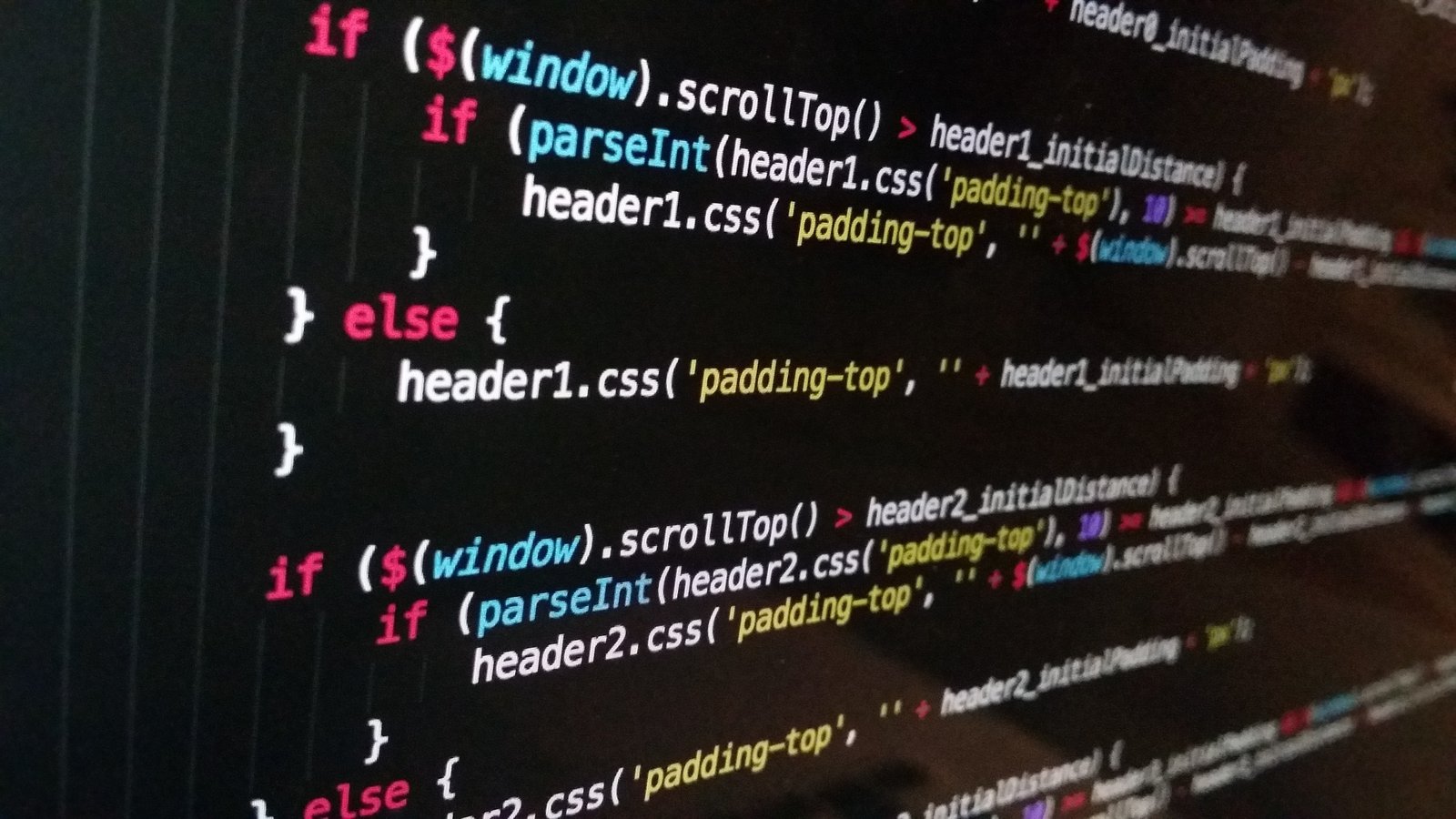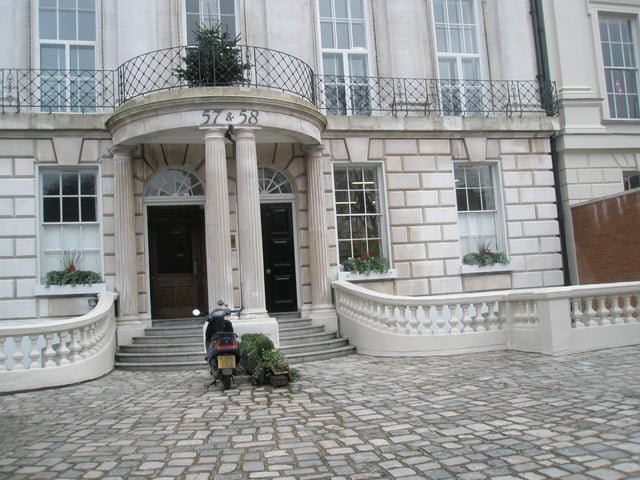The long campaign to legalise same sex marriage in Australia is nearing its close and ballots for the non-binding, voluntary postal vote are being sent out.
Following an unsuccessful challenge to its legality in the High Court of Australia last week, the same sex marriage postal vote was declared constitutional and able to proceed. Ballots will be posted out to Australian residents from Tuesday, 12th September, with all ballots to be posted out within 10 days. The question Australians will be voting on the paper is: ‘Should the law be changed to allow same-sex couples to marry?’ The deadline for voting is the 7th November, with the final vote to be announced on the 15th November. The postal vote, being voluntary, is non-binding and does not mean that same-sex marriage will be legalised. If the ‘Yes’ vote wins, Prime Minister Malcolm Turnbull has promised to introduce a private members’ bill to Parliament, which will allow for a conscience vote on the issue. This is the second significant parliamentary process on same sex marriage in this year, with Germany having legalised it very recently.
Arriving at this stage of the process has been a long one. The incumbent Liberal-National Coalition government initially announced a formal plebiscite for same-sex marriage in 2015, under former Prime Minister Tony Abbott. When current Prime Minister Malcolm Turnbull took over, he introduced the plebiscite legislation to Parliament in 2016. The opposition Labor Party, along with Greens and independent cross-bench senators voted down the legislation in the Senate, with Opposition Leader Bill Shorten stating that the Labor Party preferred a parliamentary vote on the issue.
With the plebiscite option being taken off the table, Turnbull decided on the voluntary postal vote option as a means of moving forward with the issue of same sex marriage. The decision to decide the issue via voluntary postal ballot has drawn support from the Coalition’s conservative base, though has been widely condemned by same-sex marriage supporters as being an unnecessarily divisive way of solving the issue. The cost of the postal vote as opposed to a parliamentary vote has also drawn criticism as being excessive. All totaled, the postal vote is expected to cost in the region of $120 million. The cost, along with the non-binding nature of the vote has been widely derided by supporters of same-sex marriage.
In the lead-up to the ballots being posted, nearly 100,000 people, most of whom are between the age of 18-24, have enrolled on the electoral roll. This has resulted in many people updating their enrolment details. Although voting is compulsory by law in Australia, this only applies for people already on the electoral roll. With this massive jump in people enrolling on the electoral roll following the announcement, the prospect of the postal vote has galvanised Australians on both sides of the issue into enrolling.
The issue has been a dominant one in the Australian news cycle for several weeks. In recent days, rallies across capital cities nationwide in support of same sex marriage have drawn crowds of thousands. Opinion polling currently has the ‘Yes’ vote winning by a significant margin, although the margin has lessened somewhat in recent days.








Article Discussion